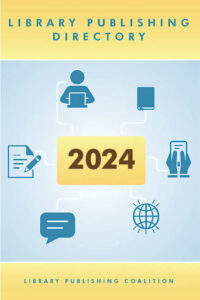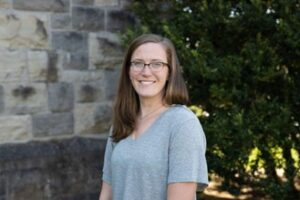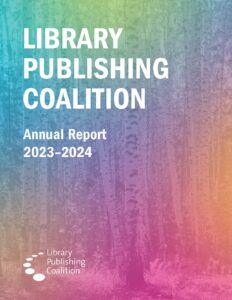December 19, 2024
LPC welcomes a new member: University of Saskatchewan
By Nancy Adams
The Library Publishing Coalition is delighted to welcome the University of Saskatchewan as a new member. Their voting rep is DeDe Dawson.
A statement from the University of Saskatchewan:
The University of Saskatchewan is a research-intensive medical doctoral university and is home to world leading research in areas of global importance, including water and food security, and infectious diseases. USask’s main campus is located in the vibrant city of Saskatoon, SK, Canada, on Treaty 6 territory and the traditional homeland of the Métis. The University Library operates seven physical locations across campus, as well as robust online services to over 20,000 students. We are in the early stages of developing a diamond open access journal hosting service. Our library has an instance of OJS and we have hosted one journal on it since 2018. It is a peer-reviewed, undergraduate research journal where undergraduate editors run the journal with guidance from library staff and faculty. Additionally, over the last year we have been running a pilot project to support the transition of a small humanities journal from print/subscription to online/diamond OA, and most recently (as of yesterday!) we have entered into an agreement to host another long-running local journal too. We are excited to join the LPC community, and we look forward to learning from our peers in library publishing and contributing back where we can!

 The Library Publishing Coalition is pleased to announce the publication of the
The Library Publishing Coalition is pleased to announce the publication of the 

 I am beyond honored to receive the LPC Exemplary Service Award this year. I have learned so much from serving on the various committees, from where we can focus our research to how we’re preserving the work we’re publishing, that has helped shape how I approach my day-to-day work. The opportunities that LPC provides to work with others and better share these findings has been instrumental to how we grow and develop library publishing at large. It has been an honor and a pleasure to work with so many involved in the community, but I’d like to give an extra shout-out for the work Cheryl Ball, Matt Vaughn, and I did with the platform crosswalk project, which wouldn’t have been possible without support from LPC. Thank you so much!
I am beyond honored to receive the LPC Exemplary Service Award this year. I have learned so much from serving on the various committees, from where we can focus our research to how we’re preserving the work we’re publishing, that has helped shape how I approach my day-to-day work. The opportunities that LPC provides to work with others and better share these findings has been instrumental to how we grow and develop library publishing at large. It has been an honor and a pleasure to work with so many involved in the community, but I’d like to give an extra shout-out for the work Cheryl Ball, Matt Vaughn, and I did with the platform crosswalk project, which wouldn’t have been possible without support from LPC. Thank you so much! The Library Publishing Coalition is pleased to announce the release of its
The Library Publishing Coalition is pleased to announce the release of its 